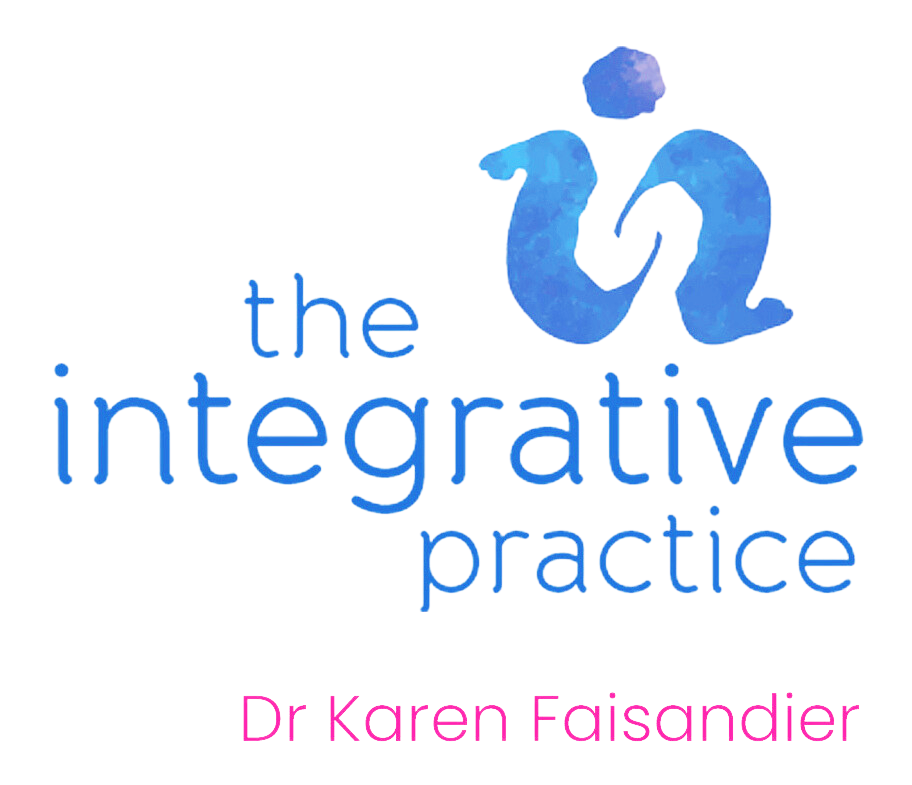Revive & be kind
I had the pleasure of putting together some words for the last Ancestral Health Society newsletter for 2019. Here are some thoughts from me on reviving after another full year - it’s not always what we do for ourselves that helps, sometimes it is what we do for others.
As I start writing this piece, I sit wondering where 2019 went – as you may also be wondering. There’s a sense each year is becoming faster and faster, like a merry-go-round we can’t find our way off. The quicker life gets, the greater my instinct to slow myself down; do less, spend less, simplify life. As a form of self-preservation, I focus my energy on what is “essential” to me.
However, my work with people in my integrative practice involves various flavours of the ‘stressed and depressed’ or ‘burnt out’ continuum. A simple description of burnout that I use is “the combination of overwhelming fatigue and loss of motivation caused by chronic stress or frustration.” We live with unresolvable stress through an environmental mismatch with our human evolutionary design. Much of my recent reading, thinking, and creating has been in this space – with a focus on remedying loss of ‘zest’ through re-aligning lifestyle practices with our human design. I call this “Reviving”.
Reviving is a return to full consciousness that fosters new health, strength or spirit.
We risk losing our zest by this time of the year. The usual contenders come up, that we in the evolutionary health world know we should do; adequate sleep matched to our natural circadian rhythm (guided by light exposure and meal timing), physical movement (outdoors in nature = even better), nutritious real food, time out for relaxation and pleasure, and engaging in meaningful connections. Yet, I know too well many of these vital health pillars are no longer implemented by the end of the year – as a sprint to the finish line is endured for individual reasons.
December can be especially challenging for those facing adversity, such as difficult relationships, health challenges, financial stress, as well as those grappling with recent loss and trauma. Life can pull the rug out from under us (and our loved ones) at any time, which rattles our security and grounding in the world. Bearing witness to tragic events more broadly – in our community and world – can also bring what is essential back to focus. These experiences are that harsh prod to remind us that the things we angst over in a state of stress often do not matter. Not as much as love, kindness and community.
Remembering that we are wired to work together as groups, with connection and collaboration, instantly provides us with resources we can tap into. These involve small steps taken regularly. Looking out for others may inadvertently revive our own energy. We feel happier and more connected when we engage in acts of service, instead of focusing on our own problems.
Here are findings about how serving others may positively affect us, from the World Happiness Report (2019).
Three avenues to help others that may inadvertently help yourself:
giving your time (volunteering).
pro-social spending (money on others instead of yourself).
small acts of generosity (e.g., non-monetary but using other currencies such as helping someone with directions, finding someone’s wallet for them).
There are several criteria for the mental health benefits from helping others to occur:
you feel free to choose whether or how to help.
you feel connected to the people you are helping in some way.
you can see how your help is making a difference.
In order to generate feelings of wellbeing from helping others, the other catch is that your acts of kindness arise from a genuine desire to care about or help others.
Other findings show pro-social behaviour is enhanced by experiencing awe (e.g. viewing scenes of nature) beforehand. Feeling more connected to our planet and wider purpose can in turn increase connections with our peers, and our role in something bigger than ourselves.
Sigmund Freud, the father of psychology, had a name for this experience of nature induced awe. He called it an oceanic feeling – defined as a “sensation of eternity” or “being one with the external world as a whole”.
May you all have a safe holiday full of oceanic experiences, in whatever shape or form this takes for you. If you are in the position, consider offering a hand (in whatever way you can) to those in need – it may mean the world to them and make you feel more uplifted.
Imagine if we all could do this – it would truly be a gift that really keeps giving.

